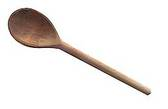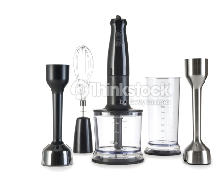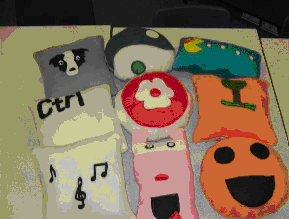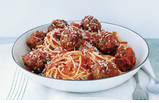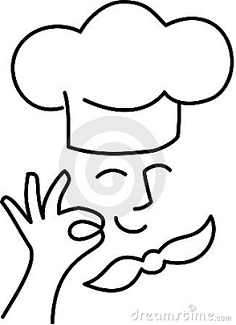Home Economics
Mrs Wilma Macgregor
Mrs Amanda Lecore
Mrs Rachel Bennett
Miss Laura McCaul
About the Department
The Kemnay Academy Home Economics Dept currently has 4 members of staff Mrs Macgregor, Mrs Lecore, Miss McCaul and Mrs Bennett.
The HE department has two specialist kitchens and a textiles room.
S1-3 Broad General Education Curriculum
All students in S2 have one period of Home Economics a week, throughout the year. They will cover work on diet, nutrition, healthy eating and recipe development. Practical work will be completed to complement what has been taught in class.
Students in S3 follow the REHIS course in Food Hygiene and if successful obtain a basic certificate in food hygiene. This is a recognized qualification for anyone hoping to work in the food industry. Practical skills and techniques are developed to prepare students going on to progress for national courses.
S1/2 Electives
S1 pupils have the opportunity to opt for a ‘food, fun and fine pieces’ elective. These classes are purely practical based. The students cook a range of sweet and savoury foods which help them develop skills and gain confidence in the kitchen.
S2 pupils have the opportunity to work with fabric. They will design and make textile objects and will learn to use a sewing machine.
National 4/5 courses
There are three main topics covered in this course:
Cookery processes and techniques, understanding and using ingredients and organisational skills for cooking. Assessment will be completed at the end of each unit and will involve a practical activity as well as a short written task.
Students will also complete an added value unit which will be a practical assessment that will be assessed internally. There is no written examination for this course.
National 4/5 Health and Food Technology 
There are three main topics covered in this course:
Food for Health, students will be learning about nutrition and the prevention of dietary diseases.
Practical lessons have been deliberately planned to help reinforce theory work.
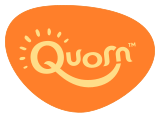 Contemporary Food Issues, students have the opportunity to learn about current and innovative foods available; including organic, genetically modified, fair trade and functional foods.
Contemporary Food Issues, students have the opportunity to learn about current and innovative foods available; including organic, genetically modified, fair trade and functional foods.
Food product development enables students to experiment with ingredients to find out about their functions. Sensory evaluation is carried out on a range of foods.
Assessments will be completed at the end of each unit.
N4 assessment involves planning and carrying out a practical assignment.
N5 involves 50% practical assignment and 50% written test.
Young Health Leaders Award 
S6 students are invited to participate in a health related project from Oct –March that will benefit our school /surrounding environment. As of this year there is an option to also gain an SQA qualification on “Leadership” by working through the planned project.
Due to the consumable nature of the materials used within Home Economics and Hospitality, there is a financial implication of courses for all pupils. This serves as a contribution towards the total cost of materials used. The remaining costs are subsidized by the Faculty.
Home Economics
Within Home Economics, it is vital that all pupils remove nail polish and jewellery and tie back long hair for all practical cookery lessons. If a pupil suffers from an allergy which may prevent them from handling or preparing certain food stuffs, this information must be clearly communicated to the school.
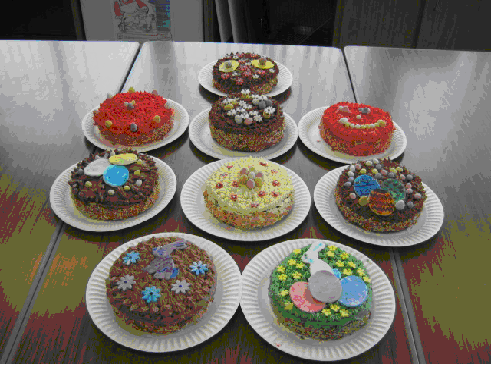
Chef of the Week
The department operates their own praise system by rewarding one pupil in the class with a Chef of the week sticker for carrying out the set practical in a highly organised and skilful way , excellent standard of dish and remaining hygienic and safe throughout. Pupils must have their student planner in order to gain this sticker. At the end of the year house points and an award is available for the student with the most stickers.
